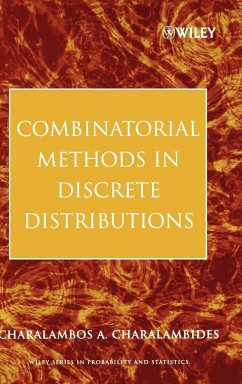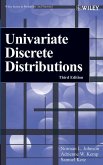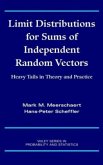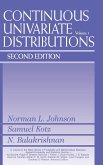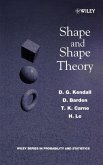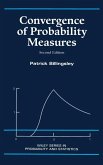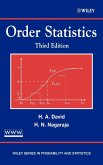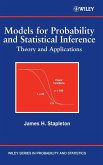Commencing with an introductory chapter on combinatorial, finite differences and probabilistic fundamental background, this book provides a self-contained reference for the area. This volume provides the necessary combinatorial methods in the theory of discrete distributions, including basic enumerative techniques, finite differences, Stirling numbers and partition polynomials. Key features include:
_ Numerous worked examples
_ Provides a rich collection of exercises of varying difficulty, which help to consolidate the concepts and results being presented, while others complement, extend or generalize some of the results
_ An extensive bibliography refers readers to multiple sources of interest
_ Reference notes are included at the end of each chapter to inform on the original contribution
Hinweis: Dieser Artikel kann nur an eine deutsche Lieferadresse ausgeliefert werden.
_ Numerous worked examples
_ Provides a rich collection of exercises of varying difficulty, which help to consolidate the concepts and results being presented, while others complement, extend or generalize some of the results
_ An extensive bibliography refers readers to multiple sources of interest
_ Reference notes are included at the end of each chapter to inform on the original contribution
Hinweis: Dieser Artikel kann nur an eine deutsche Lieferadresse ausgeliefert werden.

